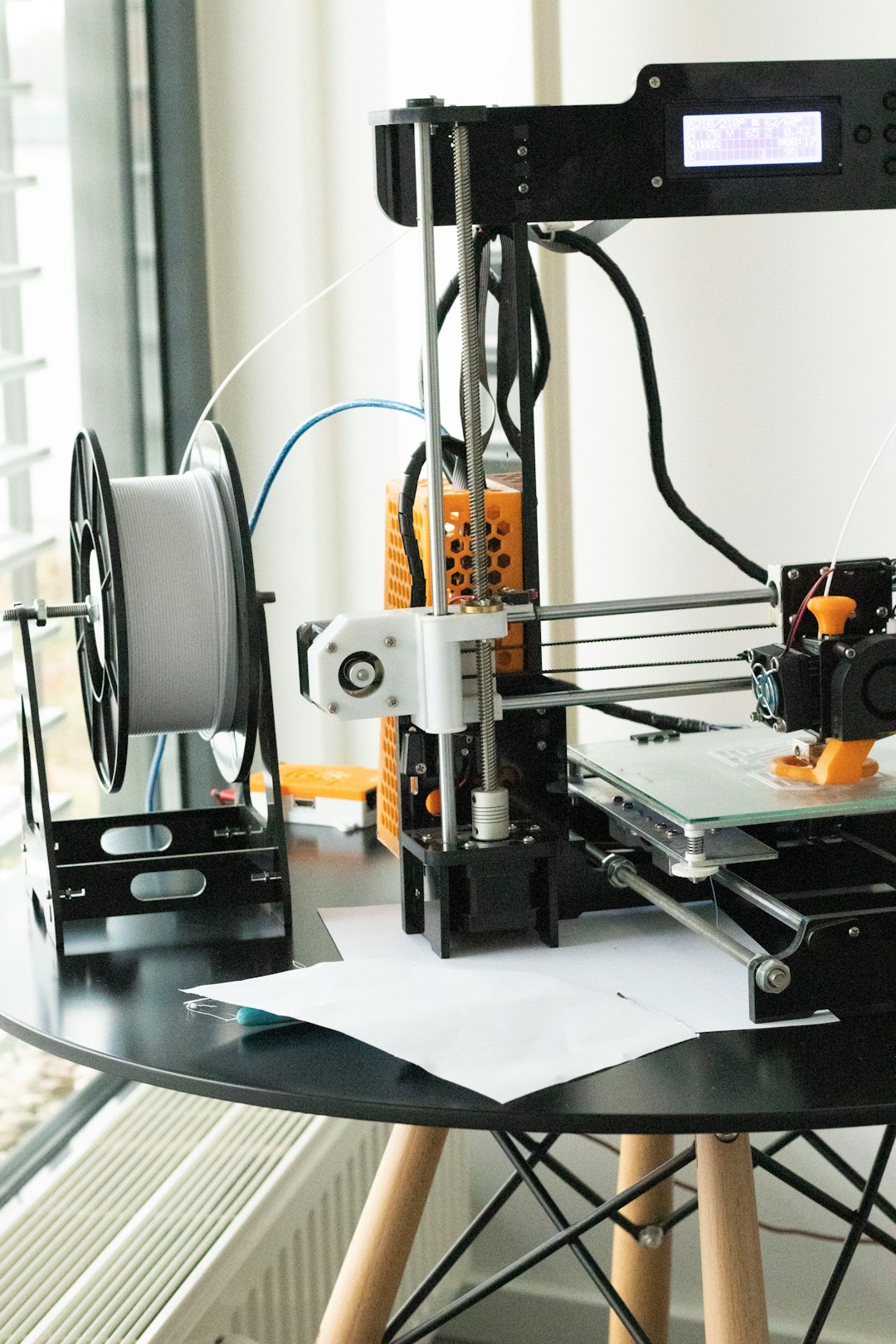Demystifying Blockchain Technology: How It Works and Its Potential Applications
Blockchain technology has been a buzzword in recent years, often associated with cryptocurrencies like Bitcoin. However, its potential extends far beyond digital currencies. With its decentralized and transparent nature, blockchain has the power to revolutionize various industries, including finance, supply chain management, healthcare, and many others. In this blog post, we will demystify blockchain technology by explaining how it works and exploring its potential applications.
To put it simply, blockchain is a digital ledger that records transactions across multiple computers or nodes. Instead of relying on a central authority like a bank or government, blockchain relies on a network of computers that validate and store transactions. Each transaction is encrypted and added to a “block” which is linked to the previous one, forming a chain of blocks – hence the name, blockchain.
One of the key features of blockchain technology is its decentralization. Rather than having a single entity with control over the data, blockchain allows every participant in the network to have a copy of the entire ledger. This decentralization ensures transparency and eliminates the need for intermediaries, making transactions more secure and efficient.
Blockchain’s potential applications are vast and can transform various industries. In finance, for example, blockchain can streamline cross-border payments, increase security, and reduce transaction costs. By removing intermediaries and enabling peer-to-peer transactions, blockchain has the potential to redefine traditional banking systems.
Supply chain management is another sector that can benefit significantly from blockchain technology. Blockchain can provide an immutable record of every step in a supply chain, from the production or acquisition of raw materials to the delivery of the final product. This transparency helps reduce fraud, counterfeiting, and ensures the authenticity and quality of products.
Healthcare is yet another area where blockchain technology can make a significant impact. By securely storing and sharing patient records on a blockchain, healthcare providers can eliminate the inefficiencies and inaccuracies commonly associated with paper-based systems. Blockchain can also improve the security and privacy of patient data, allowing individuals to have more control over their personal information.
Blockchain technology can also drive innovation in voting systems, intellectual property management, and even the energy sector. By implementing blockchain in voting systems, we can eliminate concerns of fraud and manipulation, ensuring fair and transparent elections. In terms of intellectual property management, blockchain can provide an efficient and secure way to verify ownership and protect copyrights.
When it comes to the energy sector, blockchain can enable distributed energy grids, where individuals can generate and sell energy directly to other consumers. This decentralized approach to energy distribution can reduce reliance on traditional energy sources and promote the use of renewable energy.
In conclusion, blockchain technology has the potential to reshape numerous industries and solve long-standing problems. Its decentralized and transparent nature makes it a powerful tool for increasing security, reducing fraud, and improving efficiency. While blockchain is still in its early stages, its potential applications are endless. As we continue to explore and innovate with this technology, we can expect to see profound changes in how we conduct transactions, manage data, and interact with various systems.

